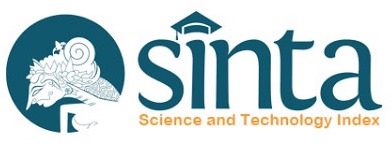Microalgae as a potential feedstock for biodiesel production in the Philippines: A review
Abstract
Organic sources of biodiesel, such as microalgae are considered nowadays as potential renewable energy resource. In contrast to higher plants, microalgae have fast growth rate, high photosynthetic efficiency, high biomass productivities, as well as high O2 production and CO2 fixation rate. These organisms can be cultivated using accelerated technologies like open pond and photobioreactors. Extraction of oil and its conversion to methyl esters is of primary importance in biofuel industry. Three well known methods of oil extraction for algal lipids are expellers/press, solvent extraction method and supercritical fluid extraction. These methods are influenced by several operational factors that may have considerable impact on the extraction rate and efficiency. In the Philippines, the current scenario for biodiesel consumption is still expected to increase in the future due to the proposed increase of biodiesel blending as mandated by the Philippine Biofuels Law. Massive research efforts were conducted in search for alternative feedstocks in the Philippines. This led to several studies using third generation feedstock (such as microalgae) for biodiesel production. Based on previous studies, microalgae can be cultivated to engineered systems and is more sustainable (as compared to plants and other microorganisms) since it occupies less land area compared to other feedstocks and it is not consumed as food. Hence, microalgae have the potential as alternative biomass feedstock for a sustainable production of biodiesel in the Philippines with superior quality fuel characteristics.
Keywords
Full Text:
PDFDOI: https://doi.org/10.15578/squalen.726
Refbacks
- There are currently no refbacks.
ISSN : 2089-5690(print), E-ISSN : 2406-9272(online)
This work is licensed under a Creative Commons Attribution-NonCommercial-ShareAlike 4.0 International License.










